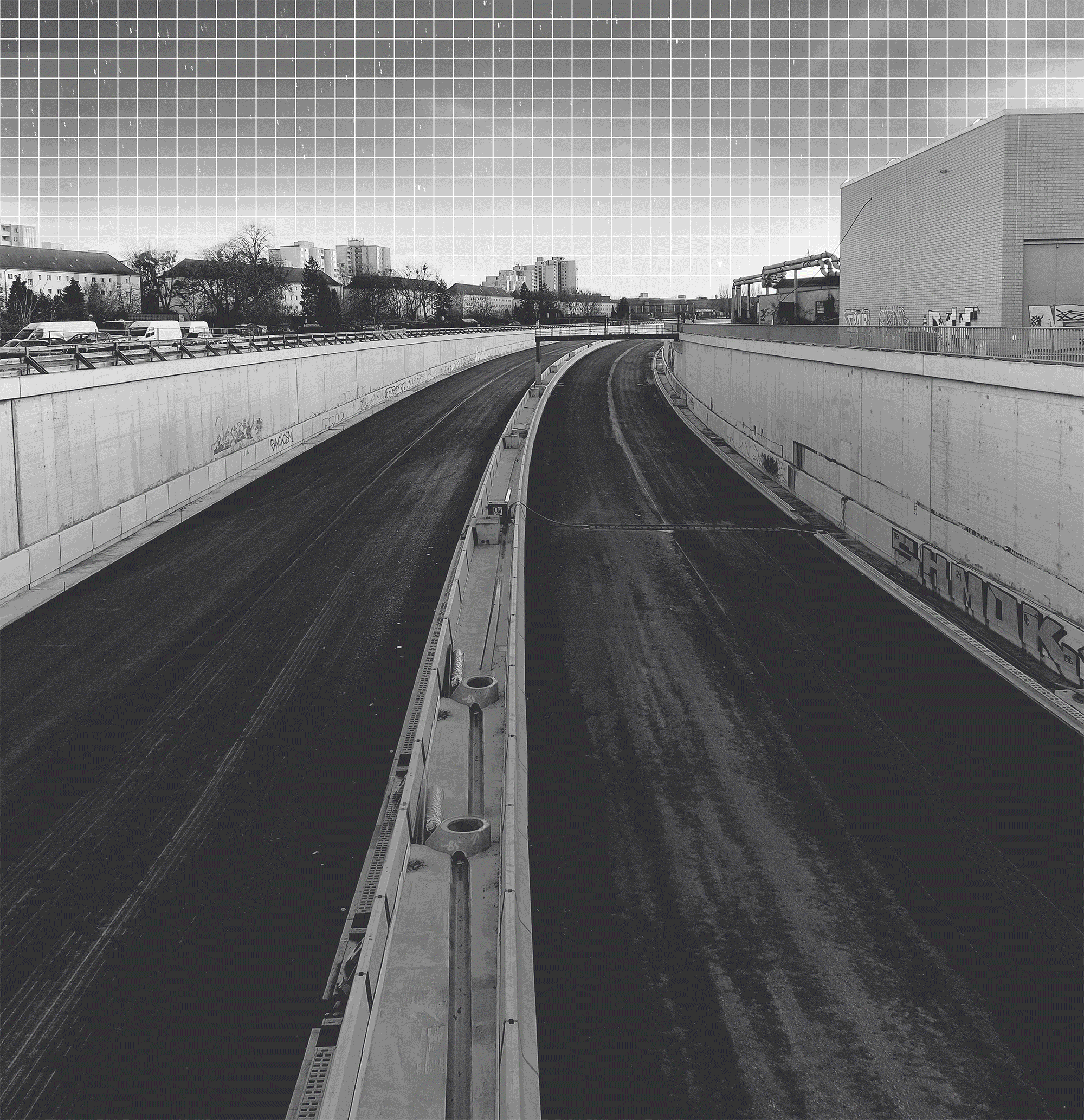
Close


An online urban design workshop for international students from European schools of architecture.
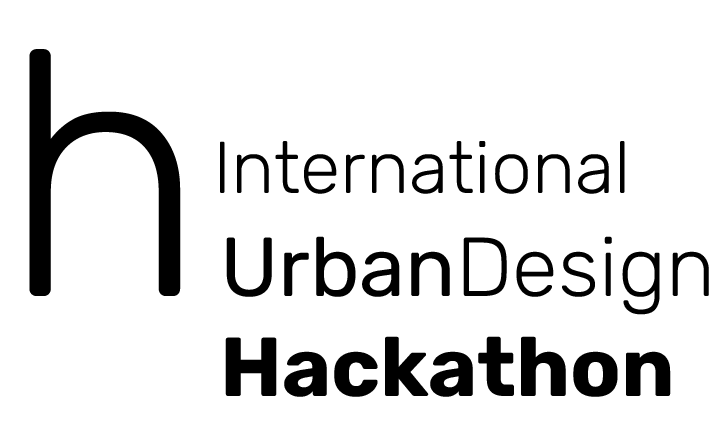

An online urban design workshop for international students from European schools of architecture.
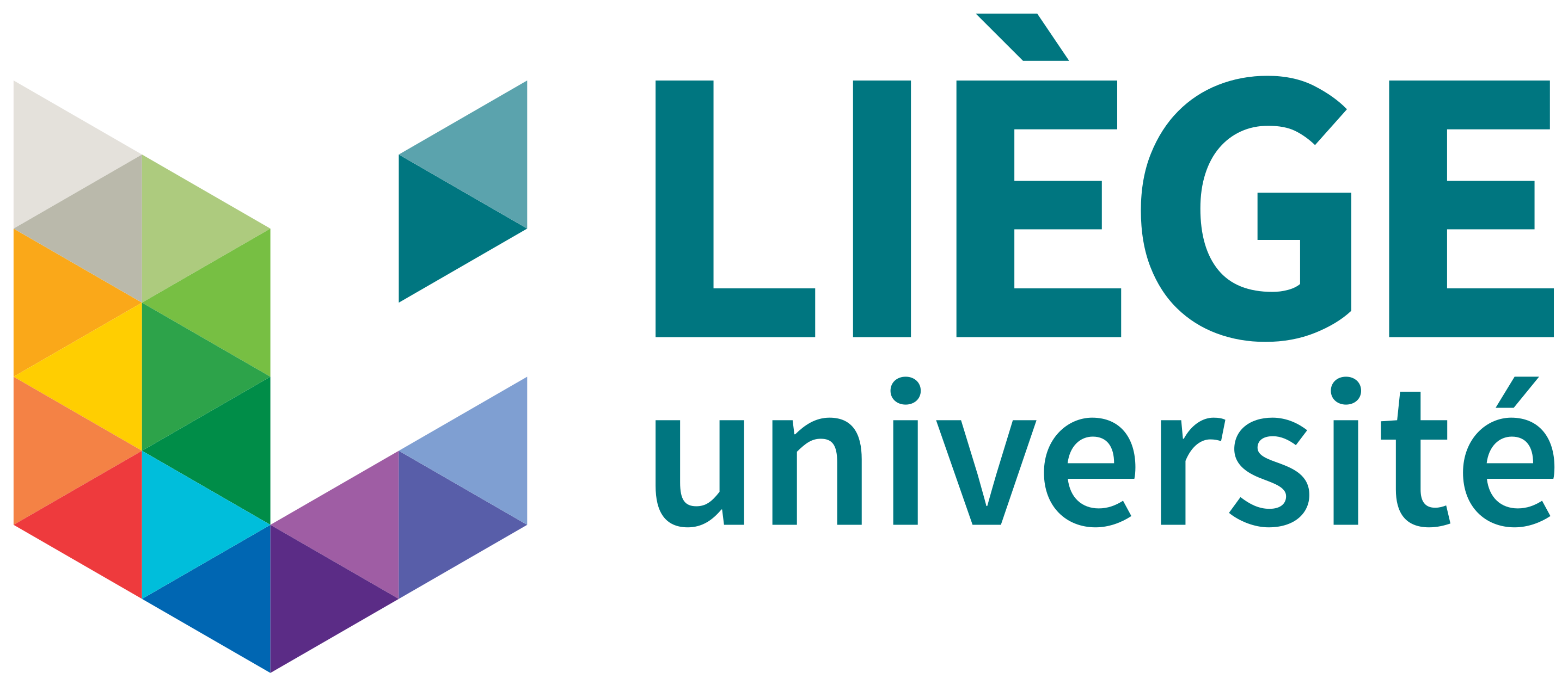
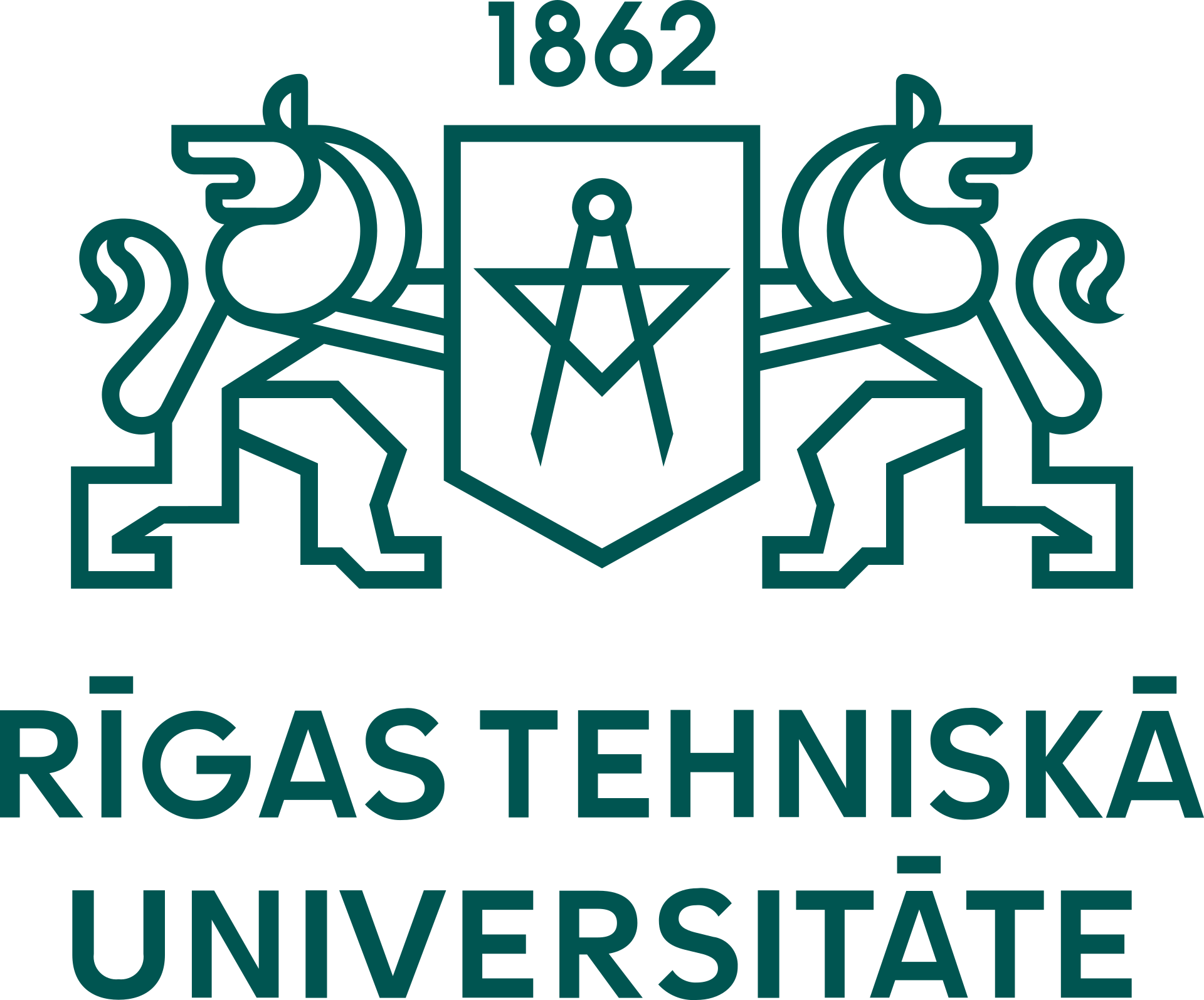

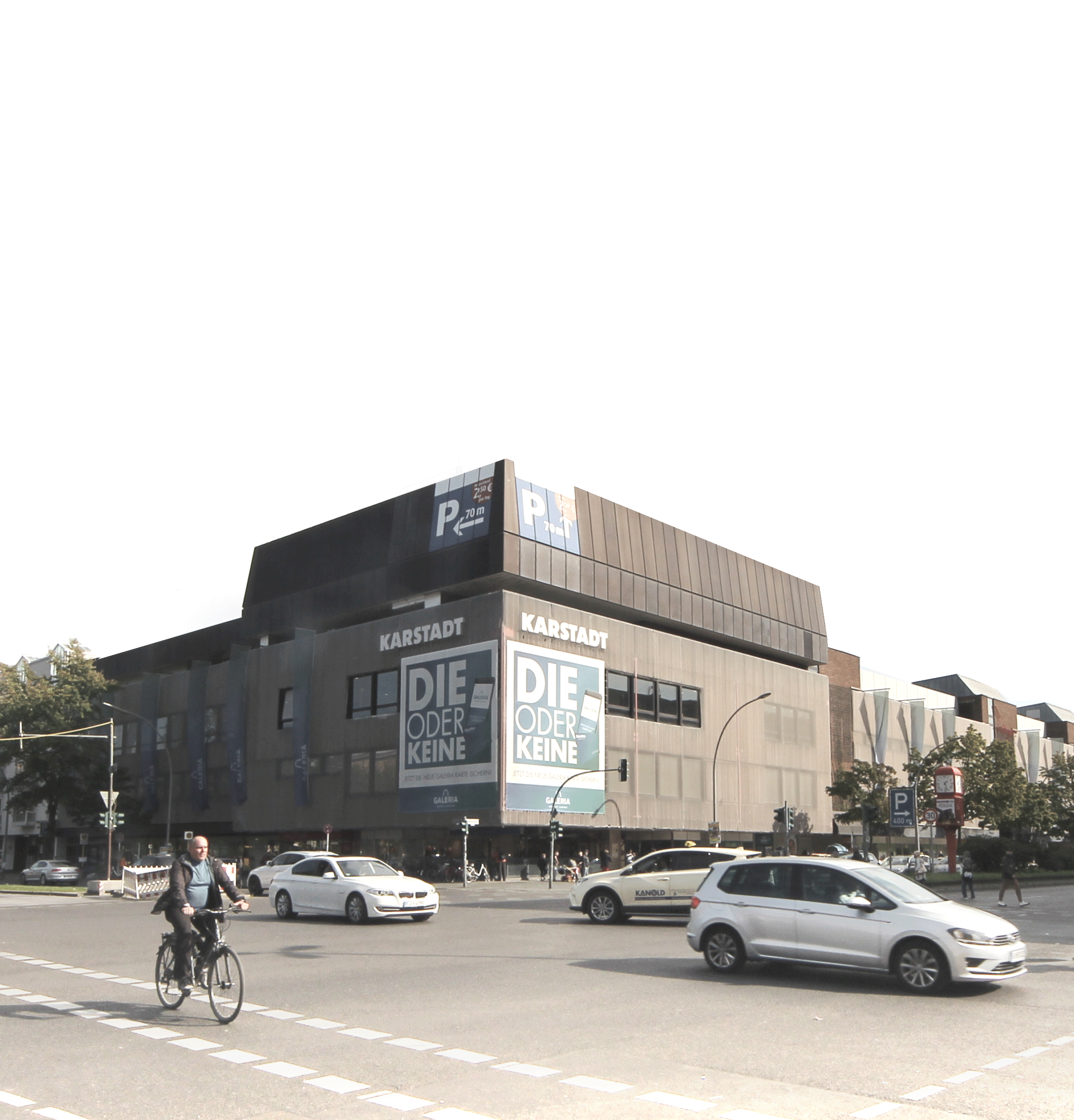
Bauhaus Universität Weimar | Université de Liège
Riga Technical University
Bauhaus Universität Weimar
Riga Technical University
Université de Liège
In times of digitalization, structures that once shaped our daily life and played a major role in the dynamic of our cities now fall obsolete. The well-established retail model of the department store is one of these species going extinct. In Germany, Karstadt was the largest and best known department store chain that dominated the retail market. Once a symbol of wealth and urban development, the large buildings combined the functions of commercial, social and mobility hubs and occupied key locations in the city.
The Urban Design Hackathon is a 24h online workshop for international students from four European universities. In mixed teams you will be developing urban design ideas that define the future of the soon to be closed Karstadt department store at Berlin Leopoldplatz in the diverse working-class district of Berlin-Wedding. The aim is to contribute to the development of a productive and resilient city.
The building was designed by german Architect Helmut Kriegbaum and built in 1978. Located directly on the central Leopoldplatz, the Karstadt with its corner location and around 130 m facade is the most distinctive property on Müllerstrasse. The property, which is visible from afar, has direct access to the Leopoldplatz underground station and extends over approx. 9,500 m² of floor space across the entire block between Schulstrasse / Leopoldplatz and Antonstrasse.
APPLICATION DEADLINE: November 22
40s Self-Introduction Video:
Name
University
Home Town
Current City / Where would you like to live
Why would you like to participate
to martina.maldaner.jacobi@uni-weimar.de
Université de Liège
Bauhaus Universität Weimar
Lecture by Stefan Signer
Bauhaus Universität Weimar
Lecture by Steffen de Rudder
The Urban Design Hackathon is organized by the “Chair of Urban Design” of the Bauhaus University Weimar. It started as part of the “International Virtual Academic Collaboration” (IVAC) program of the German Academic Exchange Service (DAAD). It is now funded by “Stiftung Innovation in der Hochschullehre“.
Chair of Urban Design
Steffen de Rudder
Martina Jacobi
Pola R. Koch
Bauhaus-Universität Weimar
Geschwister-Scholl-Straße 6
2. OG, Raum 202
99423 Weimar Germany
This website displays external content from Vimeo.com.